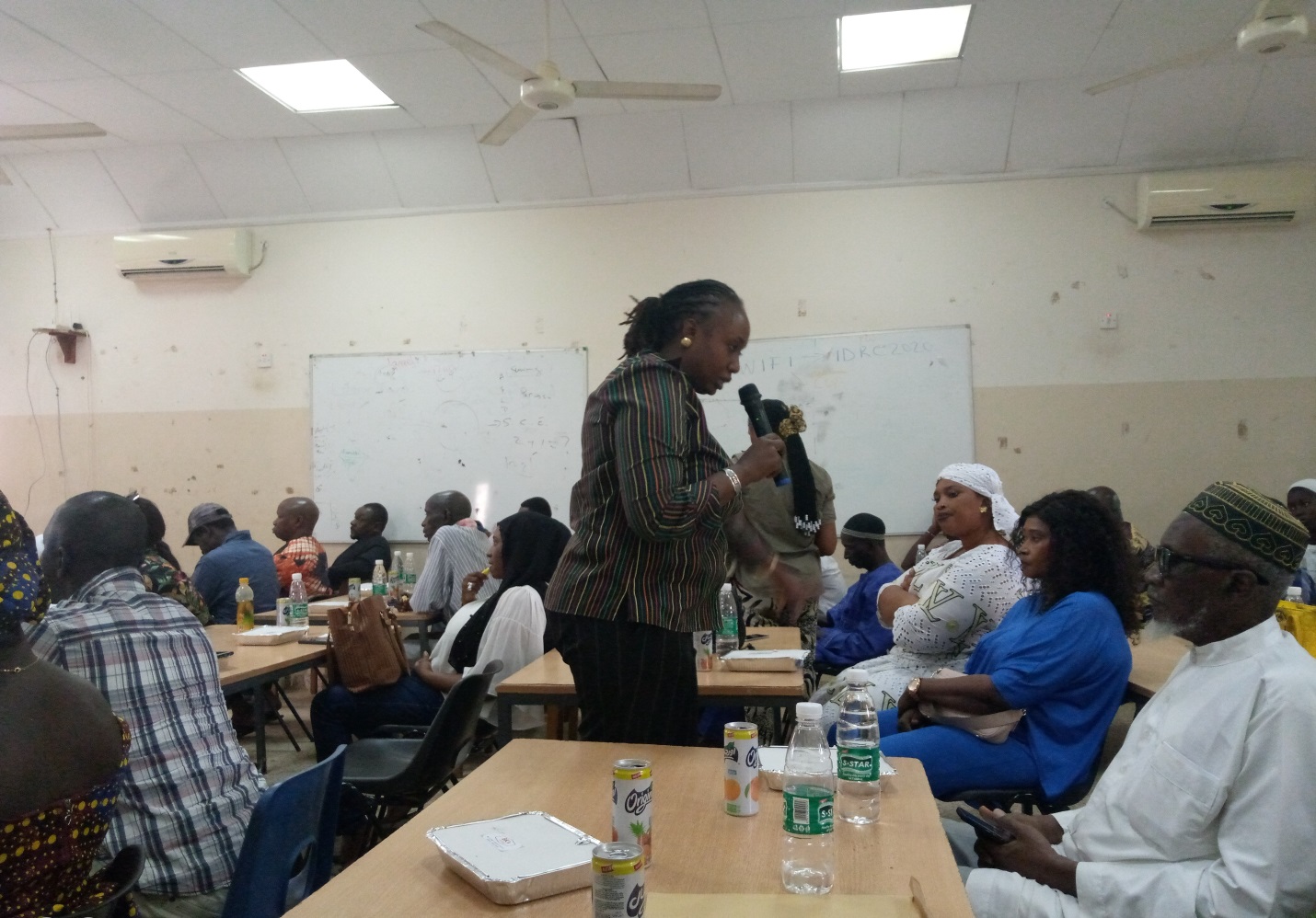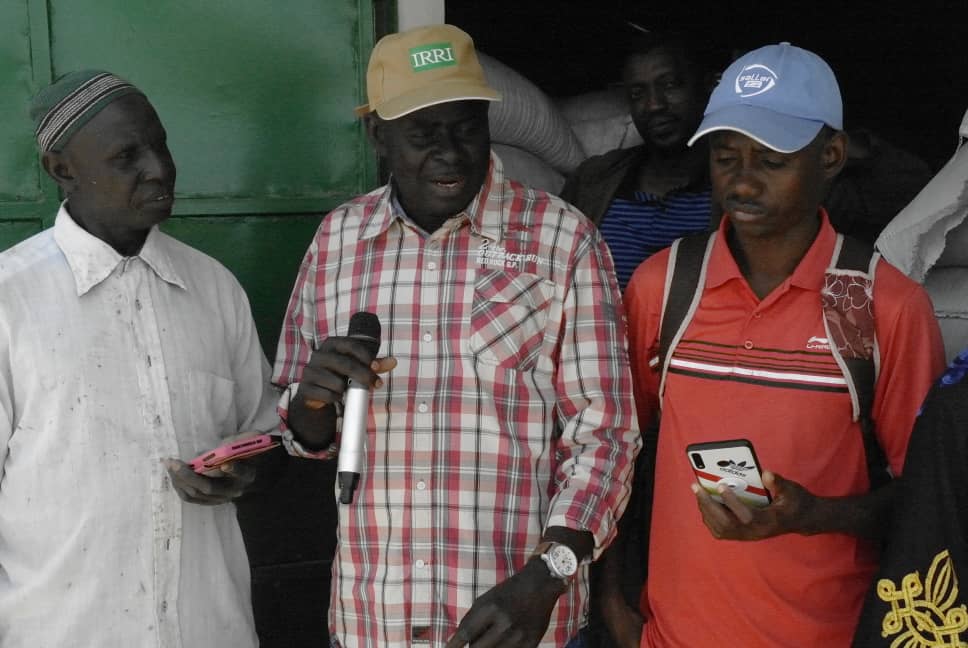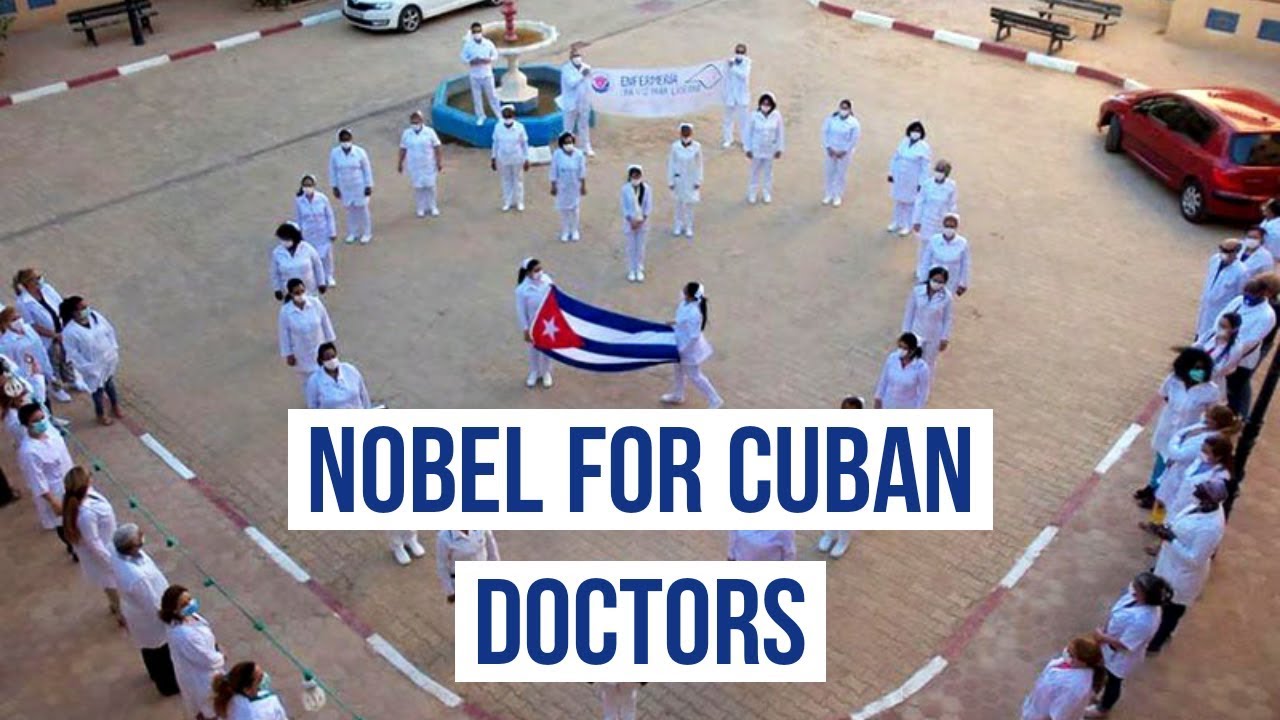By Yunus S Saliu
The Comprehensive Health Education team under Curriculum Research, Evaluation and Development Directorate (CREDD) at Ministry of Basic and Secondary Education (MoBSE) Tuesday, 7th December, held a daylong forum to discuss and review the action plan for out of school children with the Community Base Committees (CBC) in Region 1.
Participants at the interactive forum were drawn from Banjul City and Kanifing Municipal Council and it comprised the religious leaders, ward counselors, community communicators, Alkalos, youth leaders among others.
Welcoming participants to the forum, Momodou Jeng, Director of Curriculum Research, Evaluation and Development Directorate (CREDD) reminded them of some important issues attached to sexual and reproductive health, while he noted that lacks of youth knowledge on some matters which include inadequate knowledge girls about their menstrual circle; teenage/unplanned pregnancies; baby dumping; and use of drugs especially among the boys are great concern.
“All these among others are issues in the country,” he added and emphasized on the recent abuses of tobacco called ‘tabba’ (in local language) by the youths which is alarming noting that it could all be prevented through addressing and sensitizing youth.
According to him, kind of things children are learning through the social media platforms are becoming a crisis for the country “which makes Comprehensive Health Education activities very important and relevant for both in-and-out of school children in The Gambia.”
Sensitisation, he said, is a continuous process “each time you finish one process it will lead to begin of another process,” while both parents and children need to change in their attitude and work together with the CHE team and see how best to partner in various ways that will benefit everyone.
He therefore commended members of the CBC for their steadfastness in working with the CHE team taking into consideration the important role they play which range from the community level to school level.
Commenting on the Comprehensive Health Education under Strengthening Access to Quality Comprehensive Health Education in The Gambia, Abdoulie Joof Alkalo of Kololi in a brief interview congratulated and commended the CHE team for a job well done since the start of the project to date.
He said not only children, but parents too need to change and step up communication between them and their children “to do this there is need for continuous sensitisations of parents, too.”
The Alkalo noted that discourse about sexuality and reproductive issues between parents and children is definitely not taking place at home “but with adequate sensitisation, parents will be able to talk to their children and wards about their health especially the girls when they reach puberty age.”
Alhaji Ebrima Sanneh, Counselor representing the Alkalos of KMC appreciated CHE programs and the activities. He dilated on the achievements and importance of the Strengthening Access to Quality Comprehensive Health Education in The Gambia within the period under review and thanked both the CHE team, MoBSE and the IDRC who had funded the project.
Counselor Sanneh affirmed that with the ongoing CHE programs, parents are getting more aware of how to observe and handle their children as children too are gradually summon courage to look for answers of some rudiment health issues affecting their lives “in terms of quality information about their bodies such as menstrual circle; preventing and protecting themselves against sexual and reproductive health infections and unplanned/teenage pregnancies among other issues.”
In addition, Mr Jones works with the Banjul City Council as clerk and been identified as a facilitator for the Comprehensive Health Education dealing specifically with reproductive health for out of school adolescents described the programs as “very interesting, insightful and educative.”
He applauded the approach taken by the Curriculum Research, Evaluation and Development Directorate (CREDD) at Ministry of Basic and Secondary Education (MoBSE) to reach out to schools; communities; and adolescent ages.
He highlighted on some of the gathered challenges before the start of the CHE this he said include lacks of awareness and communication between parents and teenage; also lacks of dialogue between them and their teenage offspring due to certain cultural misunderstanding; taking religious to extreme as parents found it difficult to discuss about sexuality issues directly with their children “and these make our adolescents to learn about some issues through negative means.”
However, “since the kick-off of the CHE program in different communities and schools, there are some indicators that some of the young people are becoming more aware of their reproductive health issues, as regarding how to take care of themselves; preventing themselves and among others things;”
More so, the program gives training opportunities to better their lives and others.
Phebian Ina Grant-Sagnia, principal investigator of the project for Strengthening Access to Quality Comprehensive Health Education for in-and-out of School Adolescents in The Gambia commended the CBC for jealously taking care of the project.
She said their contributions are well meaningful; valuable and appreciated while thanked the IDRC for funding the project.





